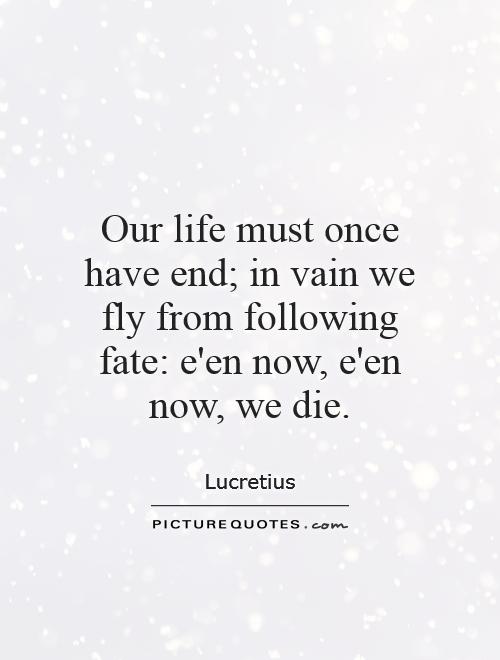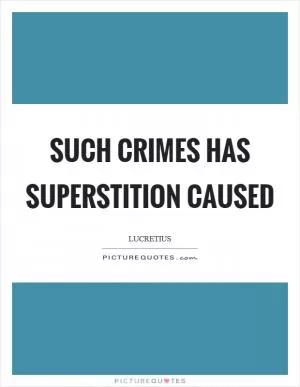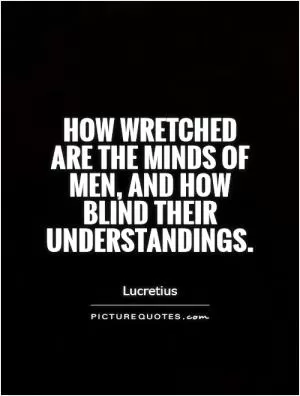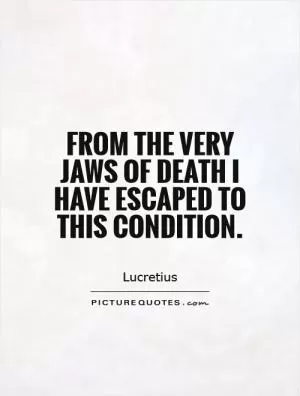Our life must once have end; in vain we fly from following fate: e'en now, e'en now, we die

Our life must once have end; in vain we fly from following fate: e'en now, e'en now, we die
The quote “Our life must once have end; in vain we fly from following fate: e'en now, e'en now, we die” encapsulates the central theme of mortality and the inevitability of death in the philosophy of Lucretius. Lucretius, a Roman poet and philosopher who lived in the first century BC, is best known for his epic poem “De Rerum Natura” (On the Nature of Things), in which he expounds on his philosophical beliefs about the nature of the universe, the existence of gods, and the impermanence of human life.In this quote, Lucretius reminds us that death is an inescapable reality that we must all face, no matter how much we may try to avoid or deny it. He argues that it is futile to resist the natural order of things, as death is an integral part of the cycle of life. Just as all living things must eventually die, so too must we accept our own mortality and come to terms with the fact that our time on this earth is limited.
Lucretius believed that the fear of death was a major source of human suffering and anxiety, and that by accepting the inevitability of death, we could free ourselves from this fear and live more fully in the present moment. He saw death not as something to be feared or avoided, but as a natural and necessary part of the human experience.












 Friendship Quotes
Friendship Quotes Love Quotes
Love Quotes Life Quotes
Life Quotes Funny Quotes
Funny Quotes Motivational Quotes
Motivational Quotes Inspirational Quotes
Inspirational Quotes